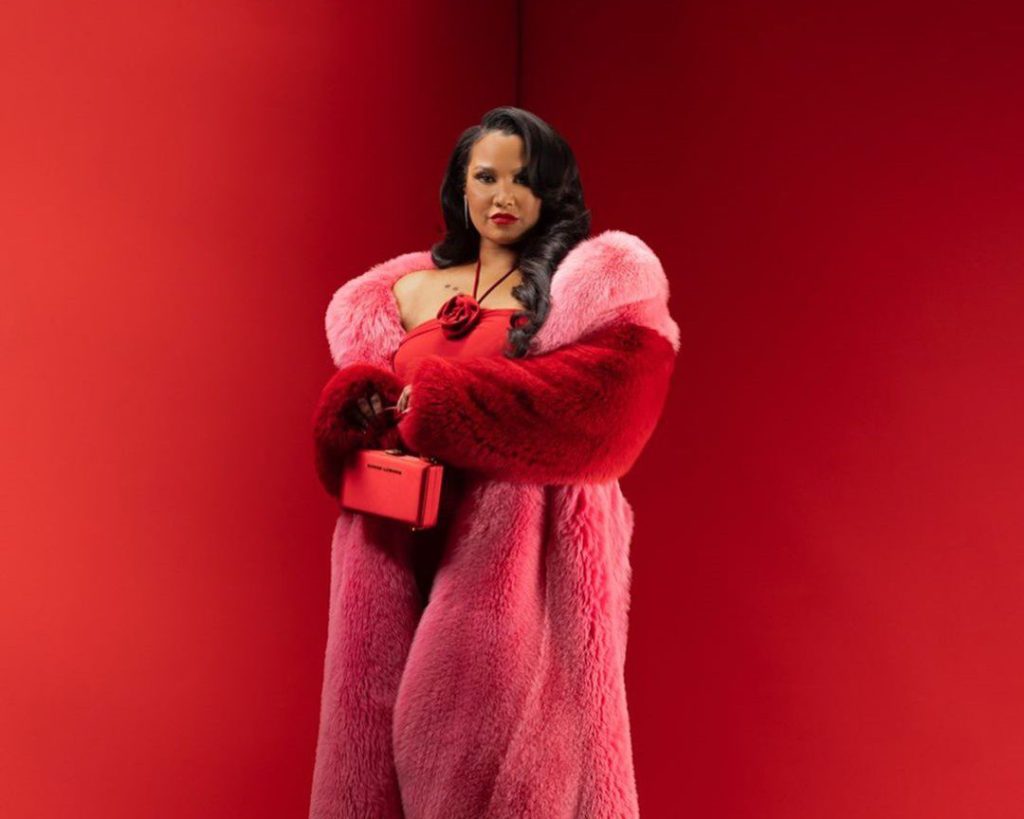
SheraSeven American YouTuber and dating coach; PHOTO: COURTESY
If you’ve been scrolling through social media in recent years, you’ve likely come across a surge of femininity coaches offering “the secrets” to unlocking confidence, grace, and success. From Shera Seven’s “Sprinkle Sprinkle” philosophy, promising financial security through strategic dating, to Anna Bey’s lessons on high-society refinement, these coaches are positioning femininity as the key to a more fulfilling life.
Meanwhile, others like April Mason focus on healing and self-worth, while Kim Anami dives into blending femininity with sensuality and spiritual empowerment.
On the surface, it seems like a positive shift. In a world where hustle culture and hyper-independence are often the gold standard, embracing softness, emotional intelligence, and receptivity feels like a breath of fresh air. For many women, it’s a chance to step back and say, “I don’t have to be everything to everyone to be worthy.” The idea that softness and emotional depth are powerful traits rather than vulnerabilities is an empowering concept, especially for women who feel overwhelmed by the constant juggling of career, family, and personal goals.
But, just like anything that seems too good to be true, there’s a flip side. The conversation around femininity coaching starts to feel a little more charged. Critics argue that some of these coaches aren’t helping women reclaim their power; they’re just repackaging outdated gender norms. Instead of promoting authentic self-expression, they’re presenting an idealized version of femininity that revolves around pleasing men and securing relationships. A woman’s value, in this narrative, is based on her ability to attract a “provider,” not on her achievements or aspirations.
Some voices in the space claim that modern feminism has misled women and moved them away from their “natural place” in relationships. The feminine ideal they promote centers around submission, grace, and emotional availability, and anything outside of that is seen as an anomaly.
So, is femininity coaching empowering, or is it just patriarchy dressed in lipstick and a pink dress? Maybe the real question isn’t whether femininity coaching is inherently right or wrong, but whether it allows women to define femininity on their terms. Some women are drawn to the idea of embracing traditional femininity, while others find strength in independence and career success. Many are searching for a balanced way to express both their nurturing sides and their independence.
The truth is, that true empowerment comes from the freedom to choose your path without feeling boxed in by societal expectations. It’s not about fitting into any mold, whether that’s one of softness or assertiveness. What matters is that we express ourselves authentically, without having to conform to someone else’s idea of who we should be. Femininity, like love, is unique to each individual. Whether we’re loving ourselves or others, the real power lies in embracing who we are, free from external pressures.


